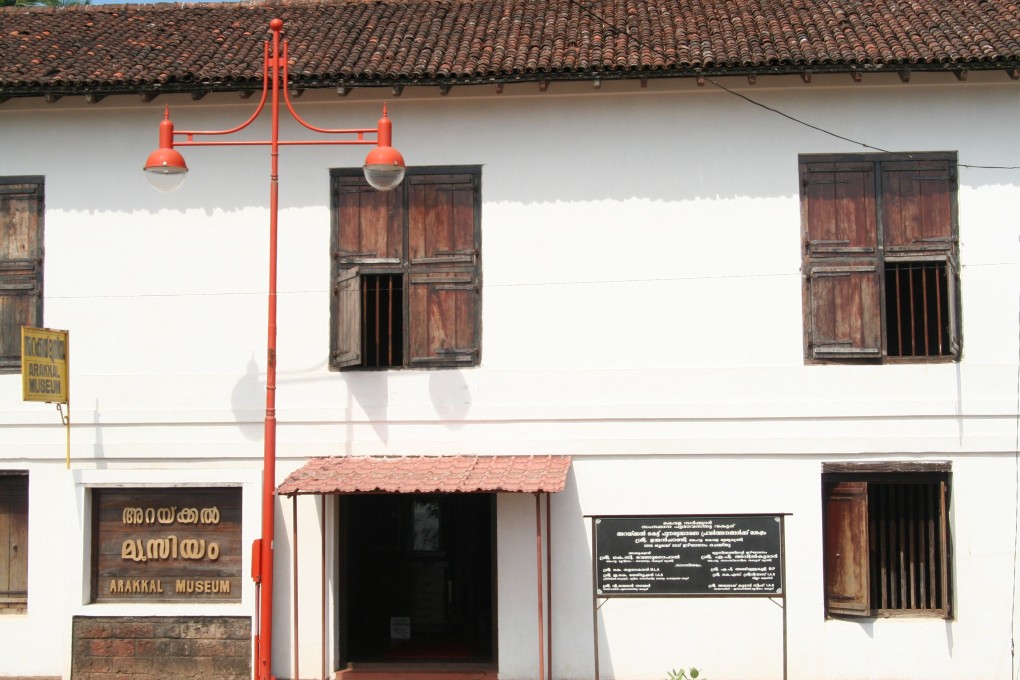Two Indian families are fighting over 19th century shipping magnate’s US$1 billion fortune and Saudi Arabia doesn’t know who to give it to
- Two Indian families, who live within a few miles of each other in Kerala, both claim to be the rightful heirs of the 19th century Muslim spice trader Mayankutty Keyi, who built a guest house for pilgrims to Mecca
- The money has been lying in a coffer for decades as neither the Saudi nor Indian governments seem able to adjudicate between the claims of the 1,500-strong Keyi family and the formerly royal Arakkals

At the heart of the dispute between the Keyi family, who number around 1,500, and the formerly royal Arakkals, is whether the Muslim spice trader Mayankutty Keyi – who married into the Arakkal family – had any children or not.
Both families have been lobbying the Saudi government for the money but the Saudis, confused by the conflicting claims, have had to ask government after government in India whose claim is genuine. New Delhi, for its part, has been unable to help as it is equally baffled.
When Keyi went to Mecca to perform haj, the pilgrimage that every devout Muslim seeks to perform, he was appalled to find there was no decent place to stay. Keyi used his own money to build a rubath, or rest home, near the Kaaba specifically for pilgrims from Kerala.